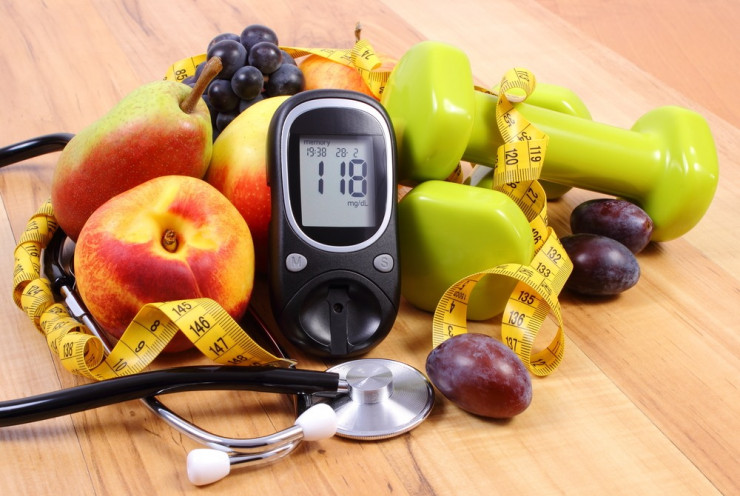If you’ve recently been diagnosed with diabetes, you might be feeling shocked, stressed and unsure of what the future may hold.
You might also have questions such as “Can I still live a rich and fulfilling life?”, Will my medication have any side effects?” and “Do I need to change my diet or lifestyle?”
In this short blog, we’d like to guide you through the basics of diabetes including what causes it, what the symptoms are and how it’s treated.
What is diabetes?
Diabetes is a condition that changes how your body turns the food you eat into energy. It happens when your pancreas is unable to make a hormone called insulin, or your body is unable to use the insulin properly.
Insulin allows sugar to get into your cells and helps to control your blood sugar levels. These sugars are naturally produced when your body breaks down carbohydrates such as bread, pasta, rice, potatoes, bananas, lentils and other similar foods.
It’s important to keep your blood sugar levels under control because if they rise too high, you could suffer from damage to the nerves, blood vessels and organs.
Types of diabetes
There are three main types of diabetes: type 1, type 2 and gestational.
Type 1 diabetes
Type 1 diabetes is caused when your immune system attacks and destroys the cells that produce insulin. It can develop at any age but is usually seen in children or teenagers. It’s usually controlled with insulin injections.
Type 2 diabetes
These days, type 2 diabetes accounts for around 90% of the total cases of diabetes in the UK. It happens when your body cannot use the insulin it produces properly. This is often linked to a poor diet, being overweight or inactive or having a family history of type 2 diabetes.
It’s more common in adults although sadly, an increasing number of children are developing type 2 diabetes. It is usually controlled with diet, oral medication or insulin injections.
Type 3 diabetes
Gestational diabetes affects women during pregnancy and happens when a woman’s blood sugar levels are too high. It increases the risk of health problems for both the mother and baby.
What are the symptoms of diabetes?
For some people, the symptoms of diabetes can be minimal or very general, especially if you suffer from type 2 diabetes or gestational diabetes. As a result, many people suffer from the disease for months or years without being diagnosed.
The main symptoms of diabetes include:
● Feeling very thirsty
● Peeing more frequently than usual, particularly at night
● Feeling very tired
● Weight loss and loss of muscle bulk
● Itching around the penis or vagina
● Frequent episodes of thrush
● Cuts or wounds that heal slowly
● Blurred vision
*Source: NHS website; Diabetes
How is diabetes treated?
When treating diabetes, it’s best to use an approach that combines medication with diet and lifestyle changes. This can help you reduce your blood sugar levels and minimise the risk of diabetes complications. Your treatment will also depend entirely on which type of diabetes you have.
1. Take your diabetes medication
You must always take your diabetes medication as prescribed by your GP or endocrinologist. If you have any doubts regarding how to use it, ensure you get advice from a health professional such as one of our friendly pharmacists.
Struggling to remember to take your medication? Download the Healthera app to get handy reminders.
2. Focus on your lifestyle
Eating a healthy diet, maintaining a healthy weight and getting regular exercise can help you manage your diabetes. We’re a Healthy Living Pharmacy and can provide you with all the advice, guidance and support you need to make those essential lifestyle changes. Pop into your local branch to find out more.
3. Take care of your mental health
Adjusting to a new health diagnosis is never easy. For that reason, make sure you open up and talk about how you’re feeling if you feel sad, anxious or depressed. Organisations such as Diabetes UK offer local support groups and helplines that can help get the support you need.
4. Get your regular checks
When you’re diagnosed with diabetes, it’s important to undergo regular health checks such as blood tests and yearly diabetic eye screening. This will detect any early damage caused by diabetes and can help you treat it quickly.
Summary
Being diagnosed with diabetes can feel like a bolt from the blue. But by understanding what the disease is, taking your medication and making some simple lifestyle changes, you can help control the disease so you can continue to live a rewarding life.



